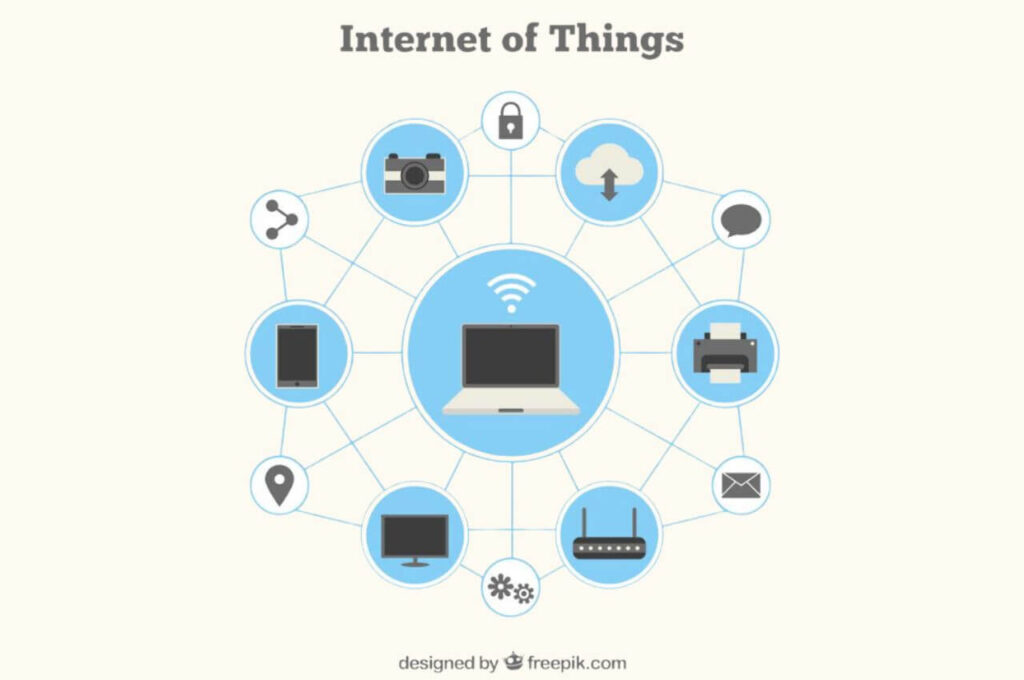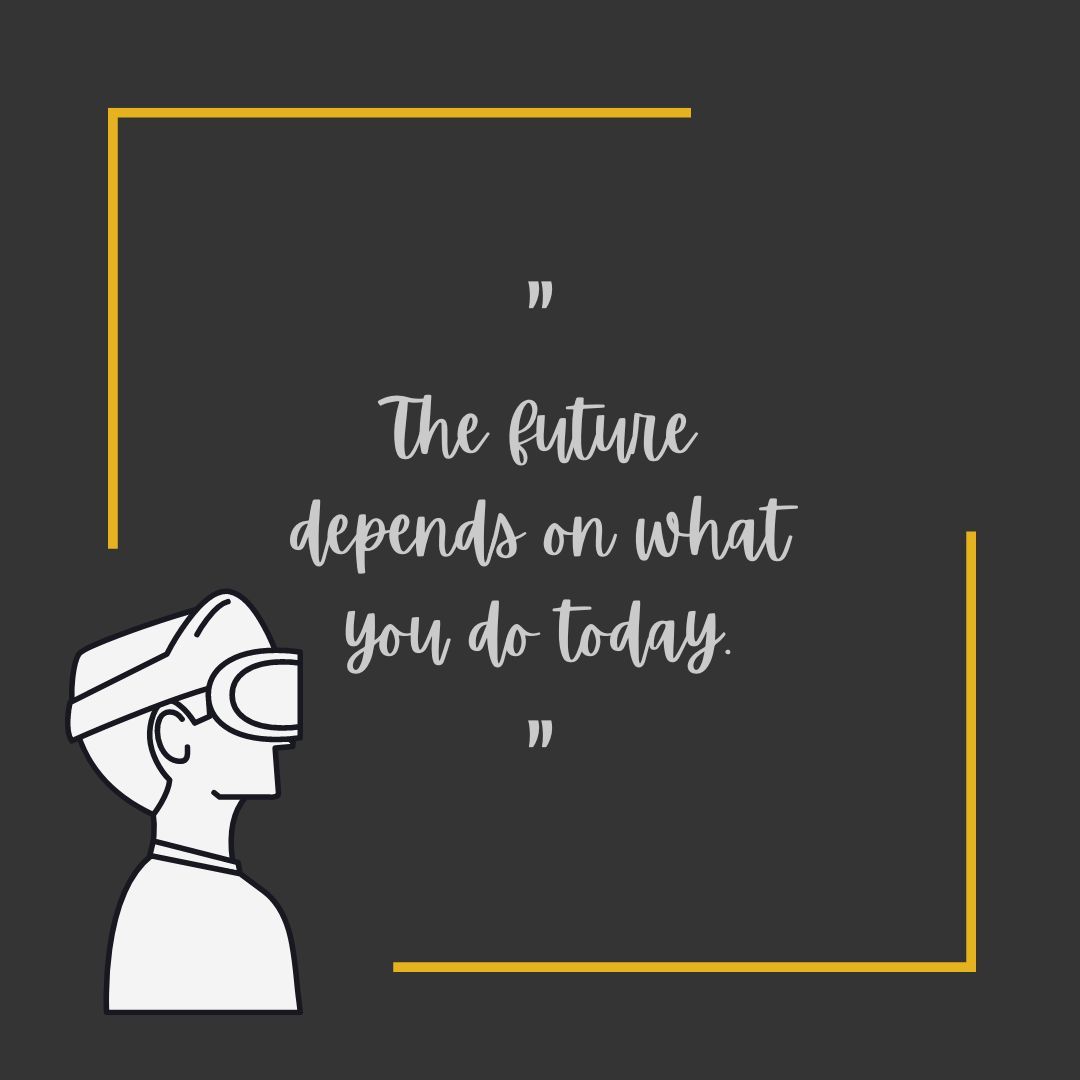We live in a world of technological revolution. AI, ML, and now IoT are making huge strides in the tech world. They make organizations much more efficient by providing them with real-time data to make informed decisions.
Thanks to this cutting-edge technology, making well-informed decisions. In this blog, we’ll talk about the most common applications and how IoT applications work in the real world.
We hope that this will encourage you to use this technology and make operations run more smoothly.
IoT Applications In The Real World
IoT streamlines the entire business process by empowering them to use real-time data management and task automation. This innovative technology paves the way for designing and implementing highly secure risk management strategies. Especially when it runs on fiber internet, it significantly enhances operational performance and enables companies to make data-driven decisions.
Moreover, IoT also features advanced functionalities such as automating tasks and remotely controlling smart devices.
IoT also helps with efficient energy consumption and lowers carbon emissions. So, by implementing these procedures, businesses can demonstrate their commitment to a more sustainable future. Well-known examples of IoT applications include smart homes, smart cities, and smart healthcare.
IoT innovation capabilities are available for each smart home device, including lighting, smart windows, and doors. As a result, people’s lives are much simpler and more comfortable.
IoT technology enables environmental monitoring, public safety, and efficient traffic management in smart cities. Physicians can use Internet of Things (IoT) devices in smart medical services to remotely monitor a patient’s condition and improve their understanding of care in general.
Not only that but also IoT technology is also revolutionizing the manufacturing industries. It has paved the way for the smart factories where it streamlines the workflow of production, automating routine tasks and enhancing efficiency.
Use Cases Of IoT In The Business World

Sensors
Sensors play an integral part in the IoT ecosystem that detects the changes in the environment and sends that information to other connected devices. This paves the way for monitoring and controlling physical environments in real time. As a result, it improves efficiency while reducing the operational costs.
Sensors can be categorized into two types: manual and digital.
Then again, advanced sensors gather and send information to other connected smart devices consequently, this separates these digital sensors from the conventional ones. This empowers organizations to automate their processes and assume command over their actual surroundings and well-informed decisions. For instance, companies can use IoT devices’ predictive maintenance capabilities to anticipate issues with their equipment before they occur.
These sensors detect and notify the relevant team about any potential breakdown that can occur, allowing them to nip it in the bud. This decreases downtime and improves operational efficiency.
IoT Tracking And Monitoring
Asset-tracking is one of the common and valuable use cases of IoT devices. These IoT devices run on fiber internet to leverage GPS or radio frequency (RD) technology to track the current location of high-end items such as vehicles, equipment, and other tools.
Moreover, these IoT devices are used to identify and verify the location of equipment at a longer distance. This leads to simpler identification and verification processes without having to physically visit them. As a result, it will save tremendous amounts of time and traveling expenses while reducing the risk of theft.
Smart Supply Chain Management
Previously, supply chain management was quite complex and difficult. However, with the advent of IoT devices has streamlined the workflow and boosted efficiency.
IoT devices’ smart routing and rerouting capabilities enable managers to forecast the outcomes of the supply chain with precision. GPS and RFID are utilized by these smart devices to track shipments and manage inventories. Decisions based on data are made as a result, and supply chain procedures are made easier.
Not only that but IoT also allows managers to significantly reduce the risks involved in the supply chain, and minimize variance while improving profitability. With the help of IoT, managers can easily manage their inventory, fleet, and vendor relationships effectively and efficiently.
Final Words
The sky’s the limit for opportunities for businesses that invest in IoT technology. This revolutionary technology has turned the heads of businesses of all sizes. Most of them have started to embrace it to streamline their operational workflow.
IoT has the potential to propel these organizations to success. Soon, the fate of organizations will be characterized by how they really use the most recent technology. In addition, IoT technology will be at the forefront of these shifting business landscape dynamics.
This Guest Post is written by: Jason Taylor
Jason Taylor, associated with TV Internet Deals USA, an internet service provider, is a tech enthusiast with a sharp eye for how the digital world is evolving. He brings a special combination of technological curiosity and journalistic rigor. After earning a journalism degree, Jason Tyler has been writing captivating blogs that analyze complicated technological advancements and trends for more than five years. He has established himself as a reliable source for readers trying to make sense of the rapidly evolving world of technology, thanks to his gift for demystifying the complexities of the IT sector.
















